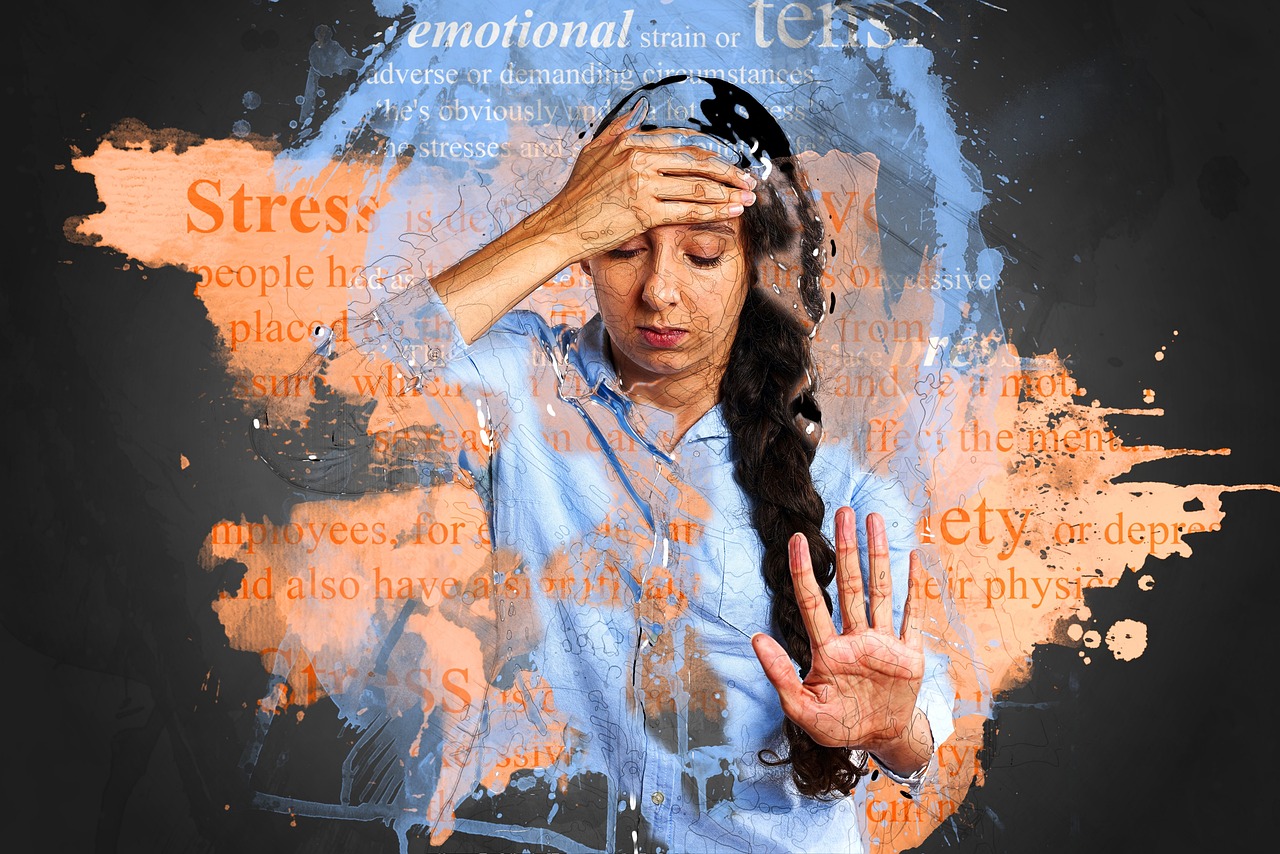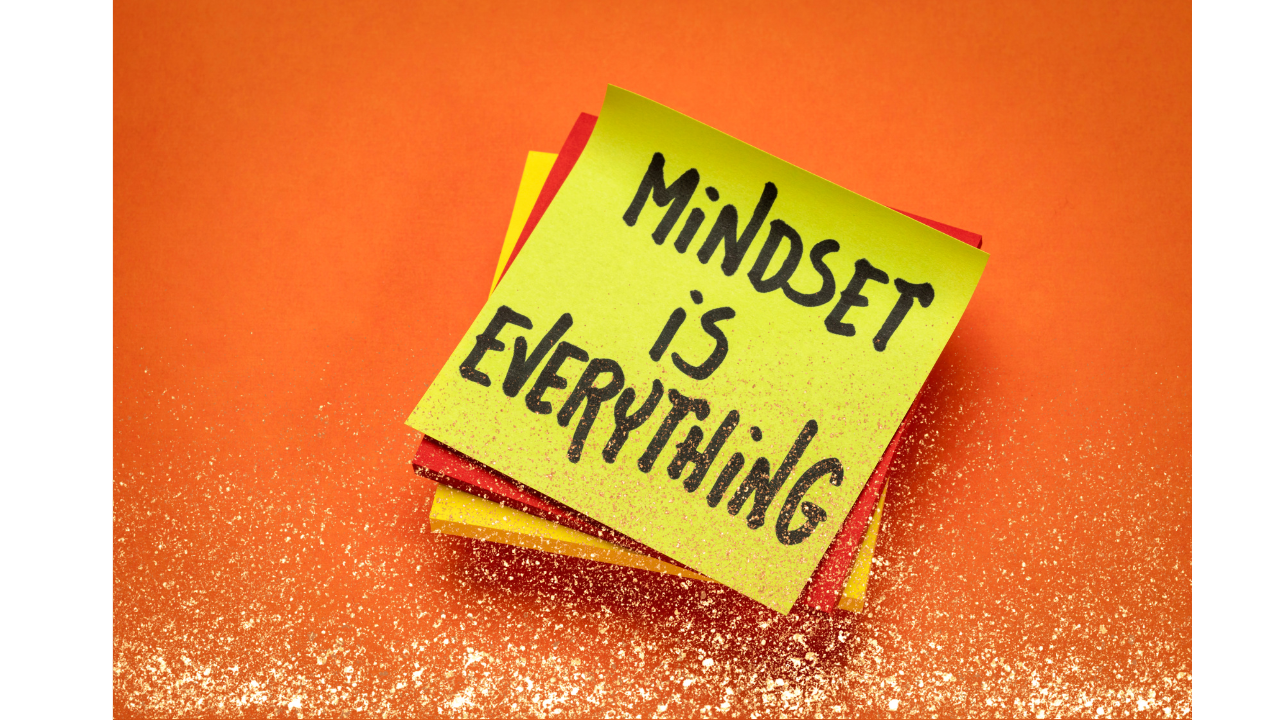Welcome to our blog series on chronic stress! Last week’s post, Understanding Chronic Stress: A Comprehensive Guide in 4 Parts revealed our plan to release a blog series that explores the various aspects of chronic stress. In this first part, we’ll explore the difference between acute stress and chronic stress, the four components of the stress response, and examples of common symptoms of chronic stress.
Introduction
Stress is a normal part of life. We all experience it from time to time. But when stress becomes chronic, it can have a serious impact on our physical and mental health.
In this blog post, we’ll discuss what chronic stress is, how it differs from acute stress, and the prevalence of chronic stress in the United States. We’ll also explore the four components of the stress response and some common symptoms of chronic stress.
What is Chronic Stress?
Chronic stress is a long-term state of stress that can last for weeks, months, or even years. It’s different from acute stress, which is a short-term response to a stressful event.
When we experience acute stress, our bodies go into “fight or flight” mode. This is a natural response that helps us to cope with danger. Our heart rate and breathing increase, our muscles tense up, and our blood pressure goes up.
Chronic stress can also trigger the “fight or flight” response, but it can also lead to a number of other physical and mental health problems.
Prevalence of Chronic Stress in the United States
According to the American Psychological Association, about 70% of adults in the United States experience chronic stress. This means that nearly three out of every four adults are living with a long-term state of stress.
There are a number of factors that can contribute to chronic stress, including:
- Work-related stress
- Financial stress
- Relationship stress
- Health problems
- Major life changes
The Four Components of the Stress Response
The stress response is a complex physiological reaction that occurs when we’re faced with a stressful situation. There are four main components of the stress response:
- The alarm reaction: This is the initial response to a stressful event. Our bodies release hormones such as adrenaline and cortisol, which prepare us to either fight or flee.
- The resistance stage: This is the stage where our bodies try to adapt to the stress. Our heart rate and breathing may remain elevated, and we may feel tired or irritable.
- The exhaustion stage: This is the stage where our bodies can’t cope with the stress anymore. We may experience physical and mental health problems, such as fatigue, headaches, and anxiety.
- The relaxation response: This is the stage where our bodies return to normal after a stressful event. Our heart rate and breathing slow down, and we feel relaxed and calm.
Common Symptoms of Chronic Stress
The symptoms of chronic stress can vary from person to person, but some common symptoms include:
- Fatigue
- Headaches
- Muscle tension
- Sleep problems
- Digestive problems
- Irritability
- Anxiety
- Depression
How to Manage Chronic Stress
There are a number of things you can do to manage chronic stress, including:
- Identify your stressors: The first step to managing chronic stress is to identify your stressors. Once you know what’s causing you stress, you can start to develop strategies for coping with it.
- Make lifestyle changes: There are a number of lifestyle changes you can make to help manage chronic stress, such as getting enough sleep, eating a healthy diet, and exercising regularly.
- Practice relaxation techniques: Relaxation techniques such as deep breathing, meditation, and yoga can help to reduce stress levels.
- Seek professional help: If you’re struggling to manage chronic stress on your own, you may want to seek professional help from a therapist or counselor.
Conclusion
Chronic stress can have a serious impact on our physical and mental health. If you’re struggling with chronic stress, there are a number of things you can do to manage it. By identifying your stressors, making lifestyle changes, and practicing relaxation techniques, you can reduce your stress levels and improve your overall health and well-being.
In the next post, we’ll explore the different types of stressors that can contribute to chronic stress.
Disclaimer:
This blog post is for informational purposes only. It is not intended to be a substitute for professional advice. Please consult with a qualified professional before making any decisions about your stress management strategy.








